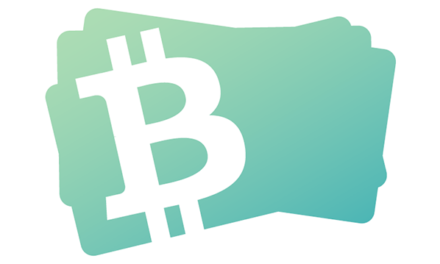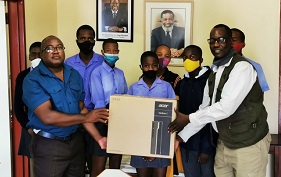
Namibia ranks 110th in the world in digital quality of life – Drops seven places from last year

Surfshark, a cyber-security company has ranked Namibia 110th in the world, in its 5th annual Digital Quality of Life Index (DQL).
Namibia dropped by seven places from last year and out of the Index’s 5 pillars, Namibia performed best in internet affordability, claiming 86th place, while facing challenges in internet quality, ranking 115th.
The company said Namibia ranks 98th in e-security, 102nd in e-government, and 110th in e-infrastructure.
“In the overall Index, Namibia lags behind Angola, who are at 109th, and South Africa who are at 72nd place, and overall, African countries lag in their digital quality of life, and Namibia taking 17th place in the region,” they added.
Surfshark spokesperson, Gabriele Racaityte-Krasauske said it is troubling to see that Namibia ranks so low in the DQL Index and in many nations, ‘digital quality of life’ has merged into the broader concept of overall ‘quality of life’.
“There is no other way to look at it now that so many daily activities, including work, education, and leisure, are done online. That is why it is crucial to pinpoint the areas in which a nation’s digital quality of life thrives and where attention is needed, which is the precise purpose of the DQL Index,” she said.
The company said Namibia’s internet quality is 43% lower than the global average and fixed internet averages 21 Mbps in Namibia.
“Compared to Angola, Namibia’s mobile internet is 28% slower, while fixed broadband is 14% slower, while fixed broadband is 14% slower and since last year, mobile internet speed in Namibia has improved by 8%, while fixed broadband speed has grown by 14%,” she said.
According to Surfshark, Namibians have to work 5 hours 38 minutes a month to afford fixed broadband internet, while this is less than average, it is 19 times more than in Romania, which has the world’s most affordable fixed internet.
“Namibians have to work 1 hour 50 minutes 53 seconds a month to afford mobile internet, which is 7 times more than in Luxembourg, which has the world’s most affordable mobile internet,” they said.
The company said overall fixed internet is 11% more affordable than last year, on average, people have to work 42 minutes less a month to afford it. “Mobile internet is 26% more affordable than last year, people have to work 41 minutes less to afford it,” they concluded.











































